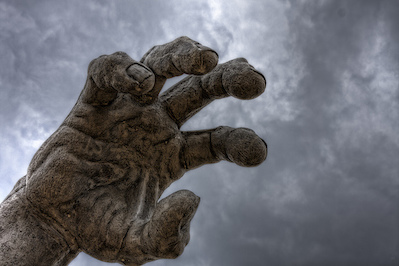Rethinking Orwell’s ‘1984’ and Huxley’s ‘Brave New World’ in Trump’s America
For Aldous Huxley, there was hope in a pessimism that had exhausted itself; for George Orwell, optimism had to be tempered by a sense of educated hope. Jason OX4 / CC BY-SA 2.0
1
2
3
4
Jason OX4 / CC BY-SA 2.0
1
2
3
4
This year, we’re all on shaky ground, and the need for independent journalism has never been greater. A new administration is openly attacking free press — and the stakes couldn’t be higher.
Your support is more than a donation. It helps us dig deeper into hidden truths, root out corruption and misinformation, and grow an informed, resilient community.
Independent journalism like Truthdig doesn't just report the news — it helps cultivate a better future.
Your tax-deductible gift powers fearless reporting and uncompromising analysis. Together, we can protect democracy and expose the stories that must be told.
Dig. Root. Grow. Cultivate a better future.
Donate today.




You need to be a supporter to comment.
There are currently no responses to this article.
Be the first to respond.